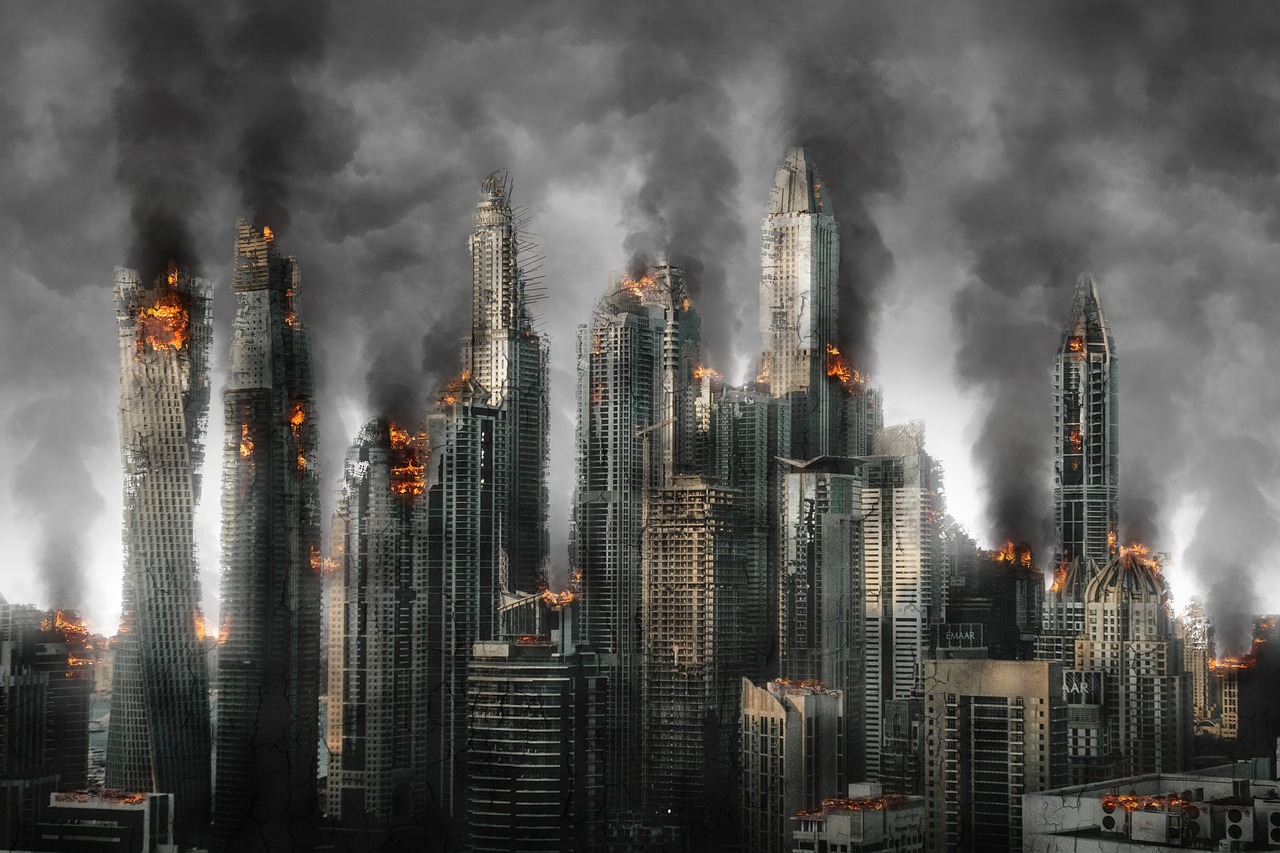Amidst a sea of men, a small figure stands at the back, hard to notice. The soldiers have ordered the men to remove their clothes down to their underwear, including several elderly individuals. They glance up at the camera, likely held by an Israeli soldier. This image first emerged from a Telegram account of a journalist known for reliable information from the Israel Defence Forces.
The expressions on the men’s faces convey despair and exhaustion, while the little girl looks away. Perhaps something beyond the camera’s view has distracted her, or she may be avoiding the sight of armed soldiers. The military has halted their movement among bombed-out buildings, checking for weapons and any documentation that could link them to Hamas.
The personal tragedies of this conflict often reveal themselves in small details, such as the child’s presence and her averted gaze—inviting numerous questions about her identity and fate. Taken just a week ago amidst escalating violence that resulted in many casualties and displacements, this photograph highlights grim realities: children lost to air strikes or lacking access to essential medical care.
Collaborating with BBC Arabic, we began our quest to locate this child. Since Israel restricts independent media access to Gaza, the BBC relies on trusted freelance journalists. Our team reached out to contacts in aid organizations across northern Gaza, sharing the photograph with communities where displaced individuals had sought refuge.
Within 48 hours, we received promising news: “We have found her!” Julia Abu Warda, a three-year-old girl, was alive and staying with her family in Gaza City after fleeing from Jabalia. When approached by our journalist, Julia was watching cartoon chickens sing while trying to drown out the sound of an Israeli drone overhead.
Julia appeared physically unharmed in her colorful outfit but bore a cautious demeanor. Her father recounted their harrowing experience, having been displaced five times in just over three weeks due to ongoing air strikes and conflict.
On the day of the photograph, an Israeli drone warned them to evacuate from Al-Khalufa district amid advancing military operations. The family fled towards Jabalia refugee camp carrying essential items but were separated during the chaos.
Eventually reaching an Israeli checkpoint where men were instructed to undress for searches, they endured hours of waiting under tense conditions. While Julia seemed calm during this ordeal, her father later revealed that she broke down afterward asking for her mother.
After reuniting with family in crowded conditions where news travels rapidly among loved ones fleeing from Jabalia, Julia found comfort even amid trauma. Tragically, she had lost her seven-year-old cousin Yahya just weeks earlier due to an airstrike—a loss that now shapes her understanding of danger and fear whenever drones appear overhead.
UNICEF reports that thousands of children have perished in this ongoing conflict, raising alarms about their mental health needs in Gaza—where nearly one million children require support. Julia’s resilience is bolstered by her family’s commitment to shield her from further harm amidst relentless violence and instability.


